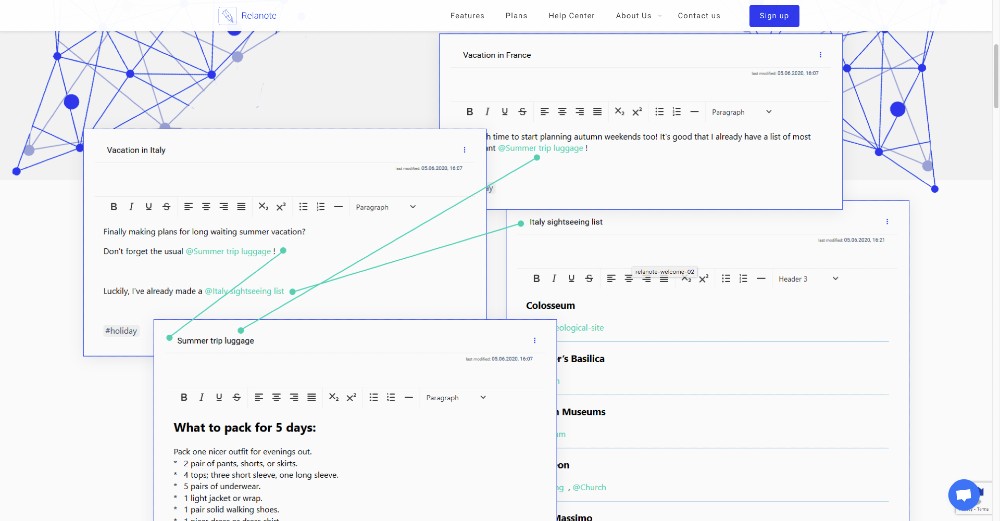Forget about that location thing. Now real estate – especially commercial real estate – is about data, data, data. As in, Really. Big. Data. And AI is owed a large part of the credit for that.
A dizzying amount of data is being crunched and sorted and searched by artificial intelligence-enabled tools that are changing how deals get done and who will still have a job in the future.
The promise of AI to use data to predict the future is massive – and it promises to do that with more accuracy and efficiency, greater productivity, and less cost for commercial as well as residential real estate.
So, what, exactly, can AI do for commercial real estate? Let’s break it down.
First up, what AI is (in this context)
To put it simply, artificial intelligence is what lets Amazon’s Alexa talk to you and cars drive themselves.
Its algorithms use data to mimic human intelligence, including learning and reasoning. Then there’s machine learning, where algorithms analyze enormous amounts of data to make predictions and assist with decision-making. We’re putting them both under the same AI umbrella.
There are four main areas where AI is remaking the commercial real estate industry: development and investing; sales and leasing; marketing; and property management.
1. Development and investing
With its ability to quickly analyze a staggering amount of data, AI lets investors and developers make better data-driven decisions. More responsive financial modeling helps identify ideal use cases and project ROI under multiple scenarios using real-time data. Pulling in alternative data – say, environmental changes or infrastructure improvements – goes beyond traditional data points and can identify investment opportunities, such as neighborhoods beginning to gentrify.
AI’s crystal ball comes from recognizing patterns in the data and continuing to learn from new information. It can forecast risk, market fluctuations, property values, demographic trends, occupancy rates, and other considerations that can make or break a deal.
And it does all of this more efficiently, more accurately, and less expensively than manual methods.
2. Sales and leasing
There’s a big question looming over AI and automation: Will technology put real estate brokers out of business? The short answer is, “No, but brokers need to step up their tech game.”
Keeping up with – and being open to – tech trends is essential. Client’s ability to use online marketplaces to search for or list property will only grow, but there still is no substitute for the expertise and the personal rapport that builds trust. Chatbots can’t negotiate, yet. Robots can’t show space and weave details about the property into a story.
If you want to know more about using storytelling in real estate, check out this great marketing guide.
But Big Data is such a powerful tool that brokers need to know how to harness it for themselves. Having more, and more nuanced, data about clients and properties means brokers can better match the two. They can be more confident in setting sales prices and rental rates. Becoming a “technology strategist” to help clients design an automation strategy for a property would be a great value add to their services. Even just starting out with a website chatbot to answer common questions would add a level of tech-savvy efficiency to communication with clients and prospects.
3. Marketing
Also a boon of Big Data for brokers: more sophisticated, targeted marketing for themselves, as well as for client properties.
Integrating AI with customer relationship management (CRM) tools brings a richer understanding of clients and prospects that can make choosing marketing channels and personalizing targeted content more precise.
Then there’s data-driven lead scoring. Property intelligence firm Reonomy says its commercial data mine – 52 million properties, 100 million companies, 30 million personal profiles, and 53 million tenants – can be searched in multiple ways to create custom prospect lists.
Check out Forbes.com’s “5 Ways Artificial Intelligence is Transforming CRMs” for a fascinating list of what AI can do, including analyzing conversations for sentiment analysis.
4. Property and facility management
The Internet of Things (IoT) is already helping property and facilities managers control and predict energy costs, as well as proactively address maintenance issues. Integrating smart technology like thermostats and sensors with AI also means more efficient space planning. Smart security cameras and wi-fi tracking can create “people heat maps” that can identify underutilized or overcrowded areas.
IBM’s TRIRIGA does that and more. Part of the Watson project, TRIRIGA offers AI-driven insights to show how people are actually using a space and ensure a company has the right amount of space in the right areas. It can also analyze common questions from a chat log, then use that data to create an AI virtual assistant to automatically answer those questions – and update itself as it learns new data. Maintenance requests, room reservations, and more can be fully automated.
Strategic space planning has become even more important during the pandemic, as work-from-home trends and safety concerns reshape offices as workers return. (Need ideas for your office? IBM’s Returning to the Workplace guide might be a good place to start.)
Barriers to adoption
There’s no question that tech-enabled commercial real estate companies will have a competitive edge. The question is, when will more of them agree enough to adopt AI more widely?
PropTech with and without AI has exploded over the past few years – and that’s part of the problem. In an Altus Group survey, 89% of CRE executives said the PropTech space needs significant consolidation before it can effectively deliver on industry needs; 43% said that is already underway or will occur within 12 months.
Then there’s the undeniable learning curve that comes with any tech tool – an investment of time as well as money. The survey also showed concerns about regulatory requirements for data collection and management, having enough internal capacity, and nonstandard data formats.
Despite those perceived barriers, there’s also no question that innovation and disruption from AI are moving at a dizzying pace – and that commercial real estate needs to keep pace.
Lisa Wyatt Roe is an Austin writer and editor whose work has been featured on CNN.com/Travel, in Texas Parks & Wildlife Magazine and in the book “Seduced by Sound: Austin; 100 Musicians on Why They Make Music.” Travel and live music feed her soul. Volunteering with refugees feeds her sense of purpose. And making friends laugh feeds her deep (yet possibly sad) need to get all the laughing emojis on Facebook.
















































